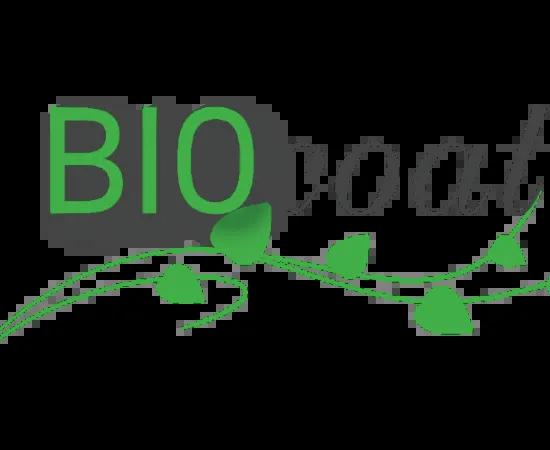
COOCK BioCoat | Bio-based coatings
Flemish coating developers really do want to incorporate the new bio-based raw materials in their coatings, but the start-up is complex, time-consuming and expensive, while the know-how and information about the compositions and their application are still missing. The BioCoat project aims to accelerate the transition to bio-based coatings based on industrially available bio-building blocks by providing coating companies with knowledge about formulation, application, performance and applications.
Context
In order to meet changing consumer requirements in terms of origin and sustainability and European regulations, the coating industry and its users need to adapt. Although everyone in the value chain is convinced of the usefulness of bio-based coatings, their introduction is stagnating. European research and a survey of Flemish companies show that there are various reasons for this delayed breakthrough. However, there are immense opportunities to develop new bio-based coatings thanks to the increasing supply of new bio-based building blocks from (non-food) biomass. Some bio-based coatings have even better or wider application possibilities than fossil-based coatings.
Often, the way the coating is applied appears to have a greater impact on the proper functioning of the coating layer than its composition. Although there is a will among distributors and developers, there is insufficient know-how about the processing and application of bio-based coatings and the start-up to process new bio-based raw materials is complex, time consuming and expensive. Moreover, it is impossible to replace certain chemicals on a 'one-to-one' basis and the unfamiliarity with the composition of bio-coatings results in insufficient insight into the possibilities and bottlenecks during their development. Internationally, research focuses on the development of building blocks and not on the validation of bio-coating formulations and their application.
Objectives and approach
The BioCoat project aims to accelerate the transition to bio-based coatings based on industrially available bio-building blocks by providing coating companies with knowledge about the formulation, application, performance and applications of bio-based coatings. Various tools are being developed for this purpose:
- A white paper will provide them with an overview of the applicability of market-ready organic building blocks and the development process to integrate them into their own product range: a bio-based coating, the application or the integration in an end product.
- The project will follow the development path of four 'target formulations' (polyurethane (PU), polylactic acid (PLA), acrylic and epoxy) to demonstrate the transition to a high-quality bio-based alternative in practice. This knowledge base and insights can serve as a starting point for companies to accelerate the application of bio-based coatings for their own markets.
- A coating application will show how coating companies using traditional techniques (squeegee coating, impregnation, spray coating, dip coating or flow coating) can correctly process and apply bio-based coatings to textiles, plastics, composites and metals. Guidelines provide them with insight into the impact on their production process and the required developments and investments.
- Hands-on workshops, demonstrators, white paper, various publications and presentations are geared to the absorption capacity, knowledge level and role of companies in the value chain. The knowledge transfer will encourage companies to accelerate their innovation trajectory.



